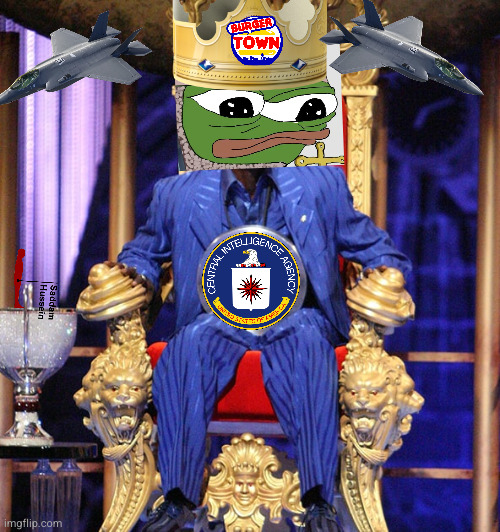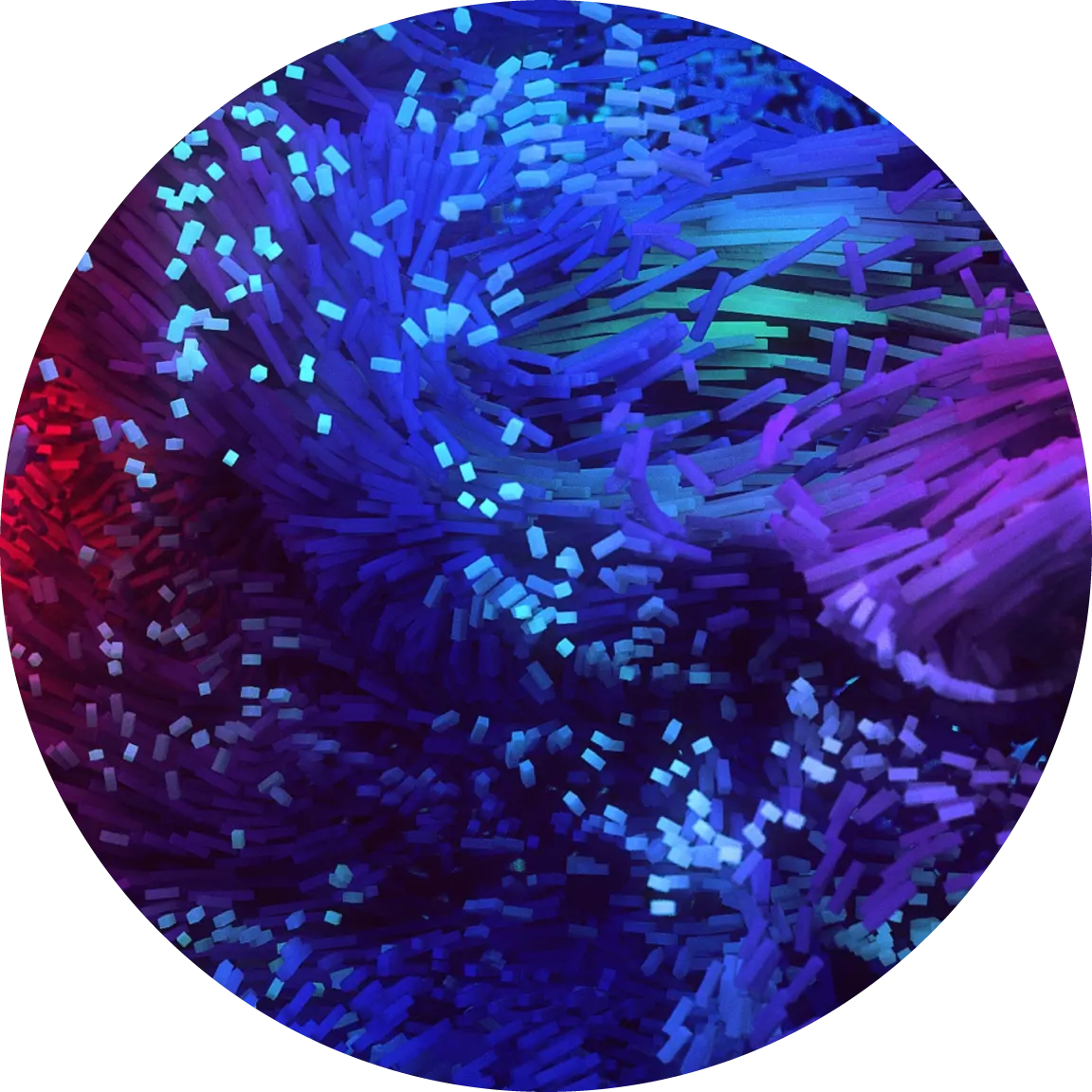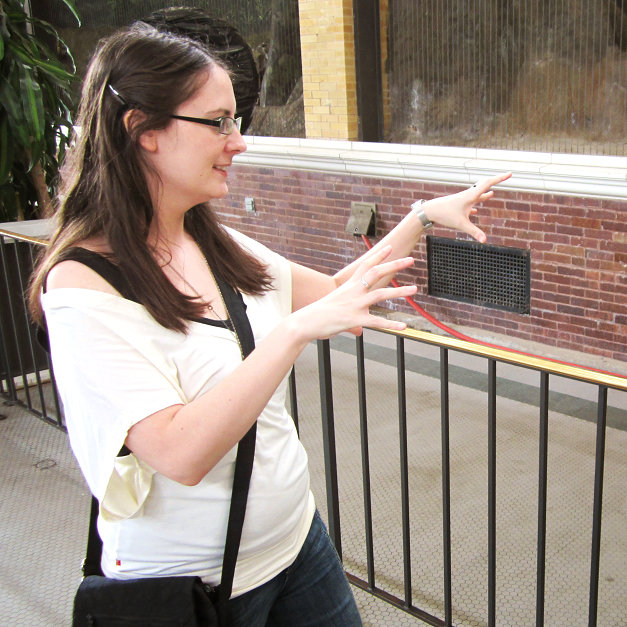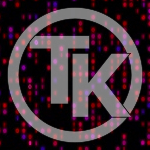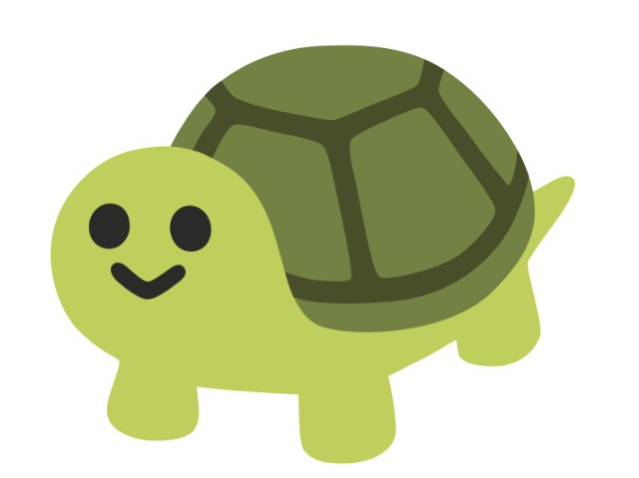I’m gonna make a list and hit the library
The Conspiracy Against the Human Race: A Contrivance of Horror by Thomas Ligotti was referenced heavily in writing Rust Cohle’s character in True Detective season one. After falling in love with the series, I picked up the book and… wow. If you’re into some misanthropic nihilism written by a succinct fiction author and not an unnecessarily verbose philosopher, it’s a good read.
Against the Grain
Internal Combustion
Sea People: The Puzzle of Polynesia
These all caused me to examine aspects of modern society that we usually just accept blindly
“The History of the Protestant Reformation in England and Ireland” by William Cobbett.
Immune by Philipp Dettmer. Made me appreciate my body and immune system
Unweaving the Rainbow by Richard Dawkins
The Demon-Haunted World by Carl Sagan and Ann Driyan
Read them when I was in my early 20s. Changed the way I see the world.
I was gonna read the selfish gene by Dawkins, but since it’s probably gonna be such a tough read, do you think your suggestion is a bit easier to digest?
Definitely. As a total layman in this kind of stuff, I believe I’ve read The Selfish Gene first, but at the time I was so eager to consume as much knowledge as possible in this subject, that I could maybe be misremembering all the effort and research it took for me to understand it. It’s a fascinating book, but more specific.
Imo, Unweaving the Rainbow has a much broader appeal and is much easier reading. They’re both very different books.
A Short History of Nearly Everything, by Bill Bryson.
I loved Bryson’s travel books when I was a teenager, so when this history of science popped up I devoured it just based on author recognition alone.
Amazing book. No regrets. He’s just as hilarious as always.
I’d read it on my lunch break at my call centre job, and I remember reading about all these amazing scientific breakthroughs that happened mostly by accident, just because someone basically took an interest in the world around them. And what was I doing? Working in a call centre hassling people to do surveys?
Long story short the book helped steer me down a different path, one where I’ve learned interesting things and met fantastic people and, yes, generally taken an interest in the world around me.
It just made me realise what humanity can be, as cheesy as that sounds.
Of course, being a science book from 2003 I’m sure it’s now incredibly out of date. But I’d recommend it anyway, the author’s awe for the subject is timeless.
Gödel, Escher, Bach: an Eternal Golden Braid by Douglas Hofstadter
Reading this (or trying to) is like being on drugs.
The Tao of Pooh, the Te of Piglet, and the Tao Te Ching.
The Zhuangzi.
I tried a few times to describe why but I’m having a hard time of it. I guess it made me accept that I can’t control everything and that there’s a natural ebb and flow in most things. Not in a defeatist kind of way. But more like you ride out the bad and find joy where you can. You never know if the alternative could have been worse.
Basically it made me appreciate the weird and little things in life and not overthink the big.
There’s a lot more to it, but it’s one of the lasting benefits it gave me.The Sun Does Shine - I was a supporter of the death penalty until I read this book. It totally rocked my world and I realized how totally wrong I was. There are evil people in this world, but I am not God and I don’t get to decide who lives and dies. Also, if there is even a small chance that someone was wrongly convicted, we can not kill them - we make ourselves murderers.
Really this book made me rethink my entire view on systematic racism, the prison system, and the death penalty.
The Art of War- expressed better than any other piece I’ve read the rationale of war. War is conflict and understanding both the enemy and yourself is the only way to effective success.
Atomic Habits- the best way to improve your life is to improve the minutia of it by just 1%. Applies rationale to how we operate while on auto pilot and gives effective solutions to combat the negative habits we fall into.
The Way of Monkey Book- an amazing, modern lens to stoicism and individually written in the style of eastern texts. While the author is deplorable to say the least, the message and morals of the work brilliantly reflect the ebb and flow of nature and the distortion of such through the actions of the average man.
Who downvotes a post like this? So odd.
People tired of reposts from reddit.
I’m not sure why the origin of the question should matter… if it’s getting engagement here, then it’s all good!
Also: how do they even know it’s from reddit? Why are they tired of reddit but still there?
… and how do we know Reddit didn’t take it from somewhere else? Furthermore: Isn’t that kinda what aggregator sites are supposed to do?!?
if wikipedia count’s then that
When I was about 12, my father brought from the airbase thrift shop two books of the “Tell me why” series. It blew my mind knowing how stuff, iI never paid attention to, worked.
From then on I knew that there was an explanation for almost everything, it just required looking for the right book :-)
This has been my entire life only with Google. People always ask me why I know so much about so many things, but it’s really all just surface level knowledge. There’s an answer for just about every question you can have, so why not find it?
When McKinsey Comes to Town: The Hidden Influence of the World’s Most Powerful Consulting Firm by Michael Forsyth and Walt Bogdanich. A cutting expose into the forces that are shaping our society that most don’t see.
The Man Who Broke Capitalism: How Jack Welch Gutted the Heartland and Crushed the Soul of Corporate America—and How to Undo His Legacy by David Gelles. Gives you a better understanding of the philosophies that shaped corporate offshoring, outsourcing and sell offs from the 70s to today.
Currowan: A Story of Fire and Community During Australia’s Worst Summer by Bronwyn Adcock. A revealing firsthand account of what it’s like to live through the catastrophic real life effects of climate change.
A Good Place on the Banks of the Euphrates: Stories from the War Against ISIS by Warren Stoddard II. A frightening and inspiring collection of short stories and diary entries from the perspective of an internationalist fighter on the ground.
The Consolations of Philosophy by Alain de Botton. A digestible collection of reassuring practical tactics to understanding personal attitudes and behaviours as framed by some of history’s most influential philosophers.



